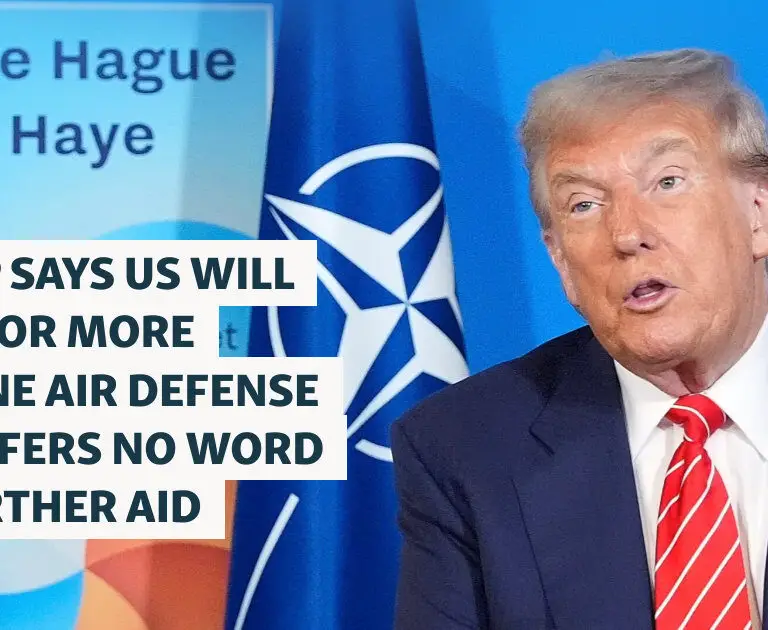A Digital Leap Forward in the Heart of Augsburg In a quiet but powerful move toward a more innovative financial future, Tele Net Telecommunication, located in the vibrant city of Augsburg, Germany, has officially started accepting Pi Network as a form of payment. For local customers, international travelers, and crypto enthusiasts alike, this update means more than just an extra way to pay—it’s a sign that the decentralized future of finance is becoming part of our everyday lives. Who Is Tele Net Telecommunication? If you’ve ever been to Augsburg or live nearby, chances are you’ve passed by Tele Net, a bustling shop nestled on Ulmer Straße 23B. But this isn’t just another phone store. Tele Net has built its name by offering a variety of essential services under one roof, including: Mobile phones and SIM card sales Internet and telecom package setup Money transfer services via Western Union and Ria Parcel shipping through DHL, GLS, and more Travel ticketing, especially with FlixBus The shop is a trusted stop for locals and tourists alike. Whether you’re setting up a new phone plan, sending a package to another country, or catching a bus to Munich, Tele Net has it covered. What Makes Pi Network Special? So, why is Tele Net’s new payment option such a big deal? Because Pi Network isn’t just another cryptocurrency. Pi Network is a mobile-first cryptocurrency designed to be inclusive, easy to use, and energy-efficient. Unlike Bitcoin or Ethereum, which require costly hardware and energy-intensive mining processes, Pi can be mined and transferred from a regular smartphone. This makes it more accessible to the everyday user. With over 50 million users globally, Pi is gaining momentum as a realistic form of currency that can be used not just online, but in brick-and-mortar stores like Tele Net. How Customers Can Use Pi at Tele Net Making a payment with Pi at Tele Net is remarkably simple and convenient: Visit the shop and choose the product or service you need Scan the merchant’s Pi Wallet QR code Confirm the payment via your Pi Wallet app Receive your service, product, or ticket as usual No need for cards, cash, or bank transfers. It’s fast, contactless, and ideal for both locals and travelers looking for a hassle-free shopping experience. Why Pi Network Payments Matter Adding Pi Network as a payment option is more than a tech trend. It brings real benefits to the customer experience: Faster transactions without delays or banking hours No international bank fees for travelers or expats Eco-friendly mining that supports green financial practices Multilingual staff at Tele Net who can assist customers in Albanian, German, English, Spanish, and Italian Financial inclusion, especially for those who don’t use traditional banks This integration also supports Pi Network’s broader goal of making decentralized finance useful in everyday life. A Vision for the Future of Retail What Tele Net is doing may seem small at first glance, but it represents a larger shift in retail culture. As digital currencies become more popular, businesses that adapt early will have the advantage of reaching a broader, younger, and more tech-savvy customer base. Tele Net’s adoption of Pi shows that innovation doesn’t only happen in Silicon Valley or giant corporations. It’s happening on the ground, in local businesses, by people who are ready to embrace new ideas. Visit Tele Net and Experience the Future Whether you’re stopping in to pay a bill, book a bus ticket, or send a parcel back home, you can now do it using Pi. No fuss, no extra fees, just a modern way to pay in a familiar setting. Address: Ulmer Straße 23B, 86154 Augsburg, Germany Opening Hours: Monday to Friday: 09:30 AM – 9:00 PM Saturday: 10:00 AM – 8:00 PM Sunday: Closed Final Thoughts: Crypto Is for Everyone The world of finance is changing fast. With Pi Network becoming part of the payment ecosystem at shops like Tele Net Augsburg, cryptocurrency is no longer just a concept for tech experts or investors. It’s real. It’s usable. And now, it’s right in your neighborhood. Whether you’re a seasoned Pi user or simply curious about the technology, Tele Net offers a welcoming place to learn, explore, and participate in the Web3 movement.
Read more










